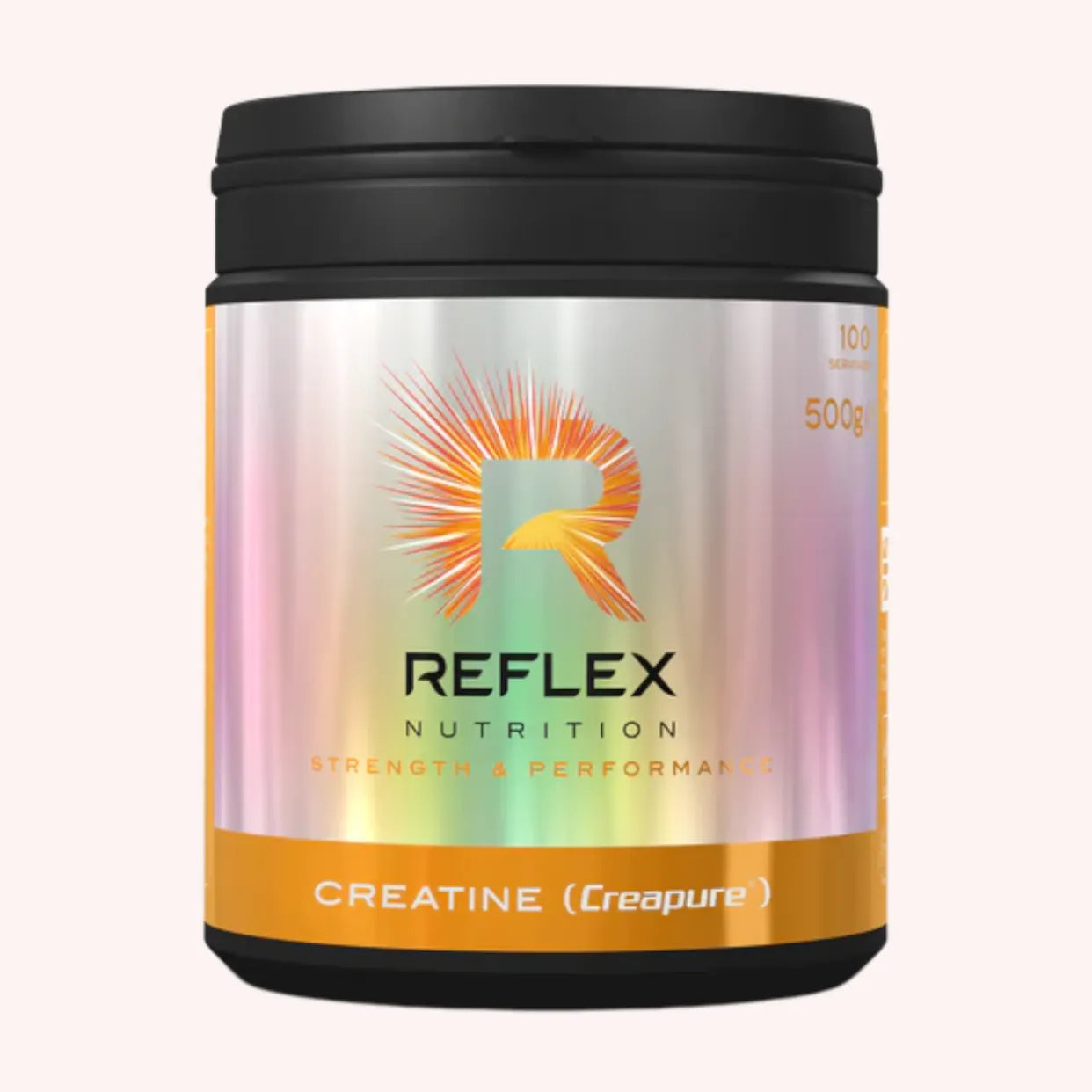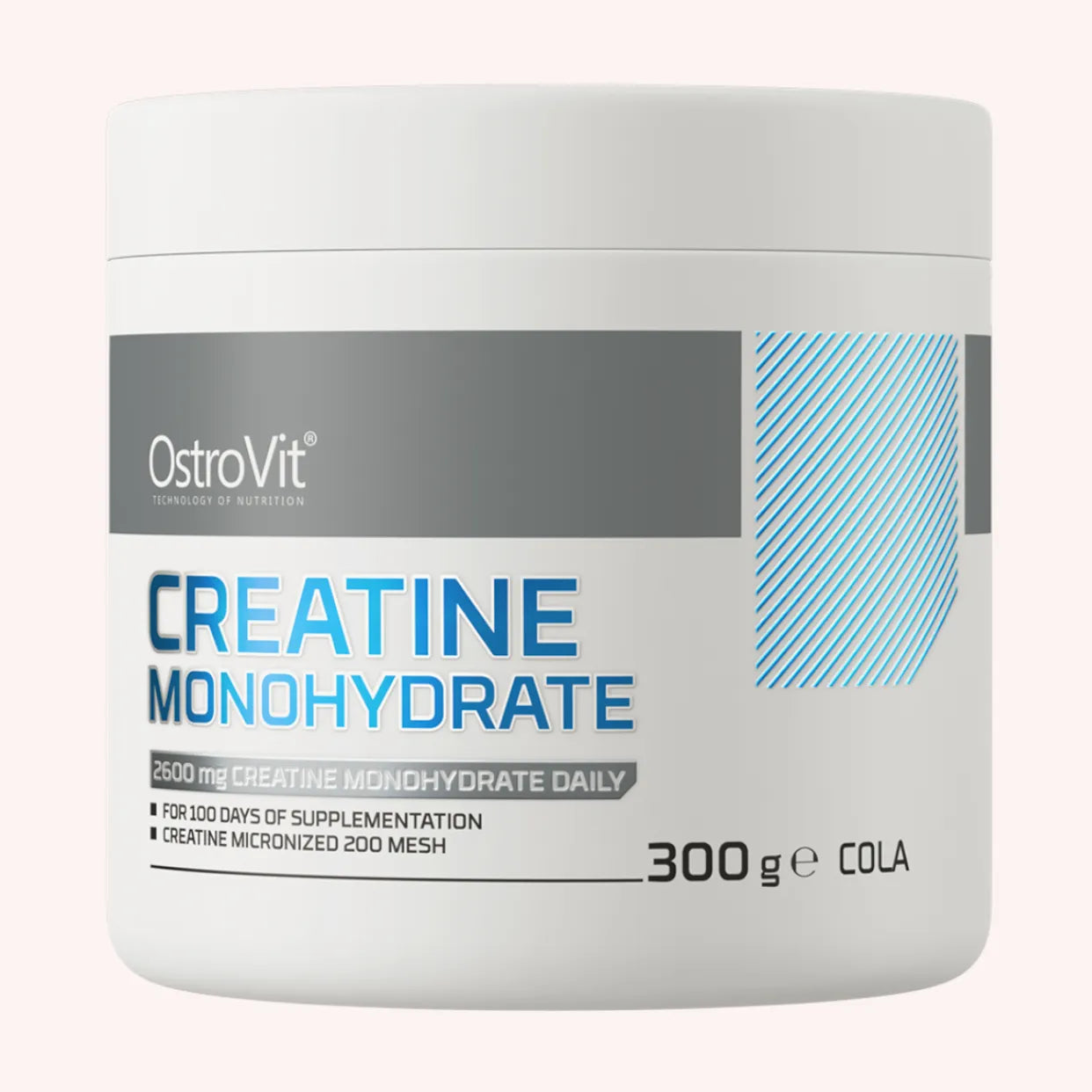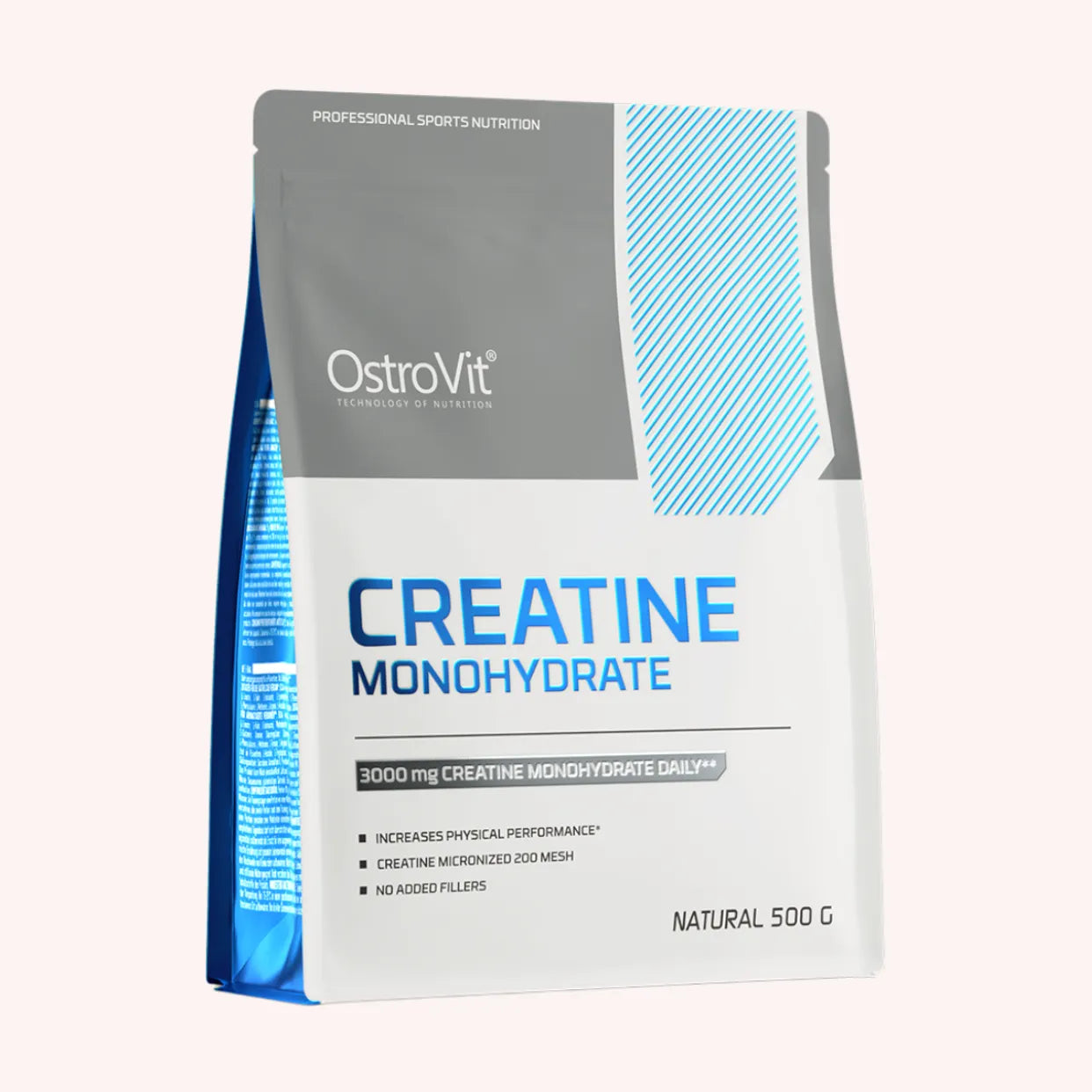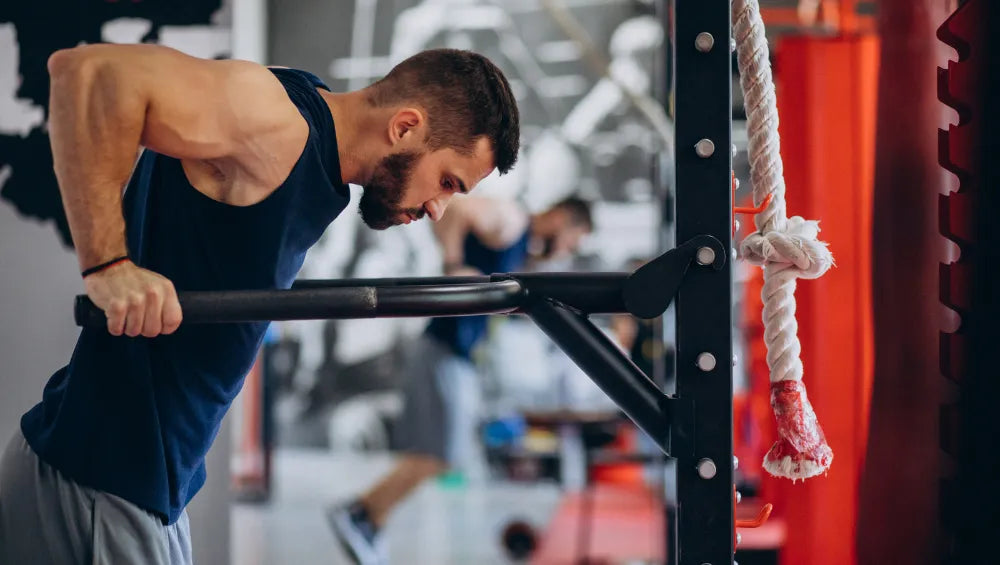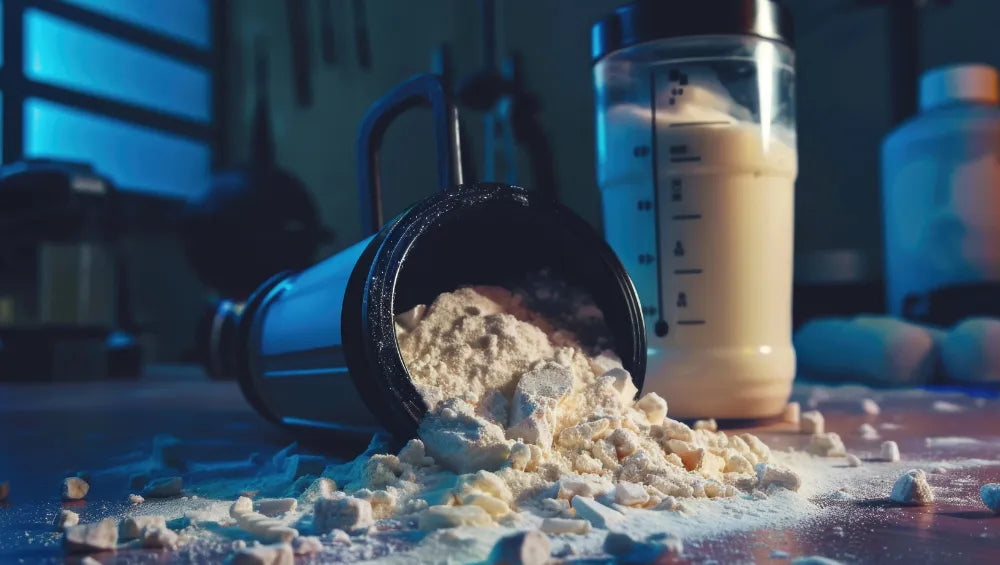In the world of bodybuilding , creatine is a particularly popular dietary supplement. Used to improve physical performance and promote muscle mass gain, creatine often raises questions about its use. When should you take creatine for best results? Here are some answers.
Why take creatine?
Before discussing the ideal time to consume creatine, it's worth briefly reviewing why it's so sought after in the bodybuilding world. Creatine is an amino acid that occurs naturally in our bodies , particularly in our muscles. It helps provide the energy needed for muscle contractions and also plays a crucial role in protein synthesis.
Performance improvement
As a dietary supplement, creatine significantly increases phosphocreatine stores in muscle cells. This helps improve performance during short, intense workouts. Numerous studies have proven the effectiveness of creatine supplementation in increasing muscle strength and power by 5 to 15% in most individuals.
Muscle recovery and growth
Creatine supplementation not only improves performance during exercise, but also post-exercise recovery. It promotes the replenishment of energy stores and accelerates the repair of fibers damaged during weight training sessions. This helps support muscle growth.
Taking creatine: When is the best time?
There are several theories about the ideal time to take creatine. Opinions sometimes differ, but three options seem to stand out:
- Before the training session.
- During training.
- After training.
- Spread throughout the day.
Taking creatine before training
Some people find that consuming creatine just before their weight training session helps maximize their energy levels and therefore improve their performance during exercise. However, it's worth noting that creatine stores in the muscles are generally limited enough to last for a relatively short period of time.
So, while taking creatine does provide an energy boost, it doesn't necessarily mean it will ultimately be used during training. The beneficial effects generally vary depending on the type of exercise performed and the individual's fitness level.
During training
It is also possible to consume creatine during training in order to maintain a constant concentration in the blood and guarantee the necessary intake to fuel the muscles throughout the session.
Consuming creatine after training
Other bodybuilders prefer to take their creatine dose after their workout. The idea behind this approach is that muscles are more receptive to creatine after intense physical activity. This allows the body to better absorb creatine, helping to speed up post-workout muscle recovery.
Spread your creatine intake throughout the day
Finally, some athletes choose to spread their creatine intake evenly throughout the day. This so-called "maintenance" method allows for a constant and regular supply of creatine, thus ensuring optimized energy levels in all circumstances.
Should you take creatine every day?
The answer to this question depends mainly on your goal. Generally speaking, it is recommended to:
- Continue a loading phase of a few days at the start of your supplementation in order to saturate your reserves quickly and thus feel the effects quickly.
- Ensure you have a regular intake of creatine after this phase to maintain a constant level in the body.
However, some studies suggest that daily intake is not necessarily necessary for those who already consume enough creatine through their diet (red meat, fish) even when they do not have a sports session.
Which strategy to choose?
Those looking for a clear answer on when to take creatine may be disappointed: there is no clear consensus among experts. Scientific studies on the subject are not specific or conclusive enough to validate any one of the three approaches mentioned above as superior to the others.
However, it is safe to say that taking creatine after exercise seems to be the most popular and research-backed strategy. Alternatively, another option might be to combine two approaches , such as taking a dose before and after training, or spreading your intake throughout the day with an additional dose after exercise.
The Load-Follow Cycle: Another Method to Consider?
Another popular approach to creatine intake is a loading cycle. The principle is to significantly increase creatine intake during the loading phase , in order to quickly saturate muscle creatine stores. This phase typically lasts one week and involves taking about 20 grams of creatine daily, divided into several doses.
Once this first step is completed, the practitioner moves on to a follow-up phase , during which he reduces his creatine consumption to approximately 3 to 5 grams per day, maintaining this level until the end of the cycle, which usually lasts between four and eight weeks. After which, it is recommended to take a break from taking creatine before starting a new cycle.
It's important to know that while this method has the advantage of quickly raising creatine levels in the body, it is not without its drawbacks. Indeed, excessive creatine consumption can cause gastrointestinal problems or promote water retention in some people. It is therefore advisable to be well informed and consult a healthcare professional before implementing a loading-tracking cycle.
Personal choice: Listen to your body!
The ideal time to take creatine powder depends primarily on your specific goals and how you respond to the supplement. For example, if you're looking to maximize performance during training, it may be best to take your creatine before or during your workout. If, on the other hand, you're primarily looking to promote muscle recovery and growth, then post-workout would be a better time.
When to Take Creatine: In Summary
The differing opinions on the optimal time to take creatine reflect the fact that every individual and situation is unique. Ultimately, the ideal time to take this supplement will depend on personal preferences and constraints, as well as your desired bodybuilding goals. Therefore, it's essential to listen to your body and adjust accordingly to get the most out of creatine.





